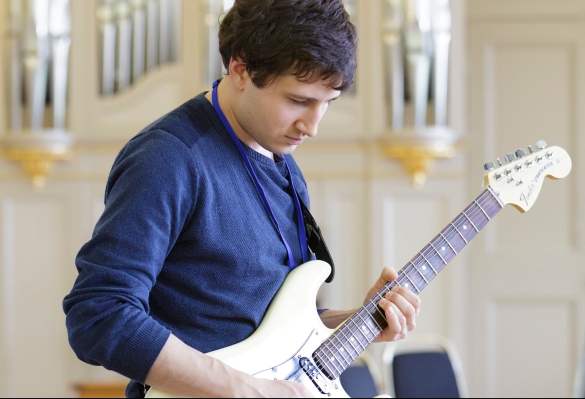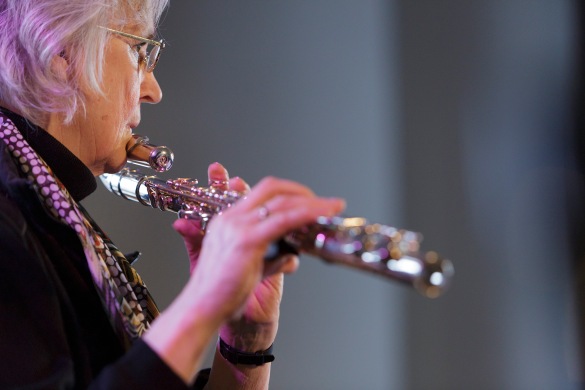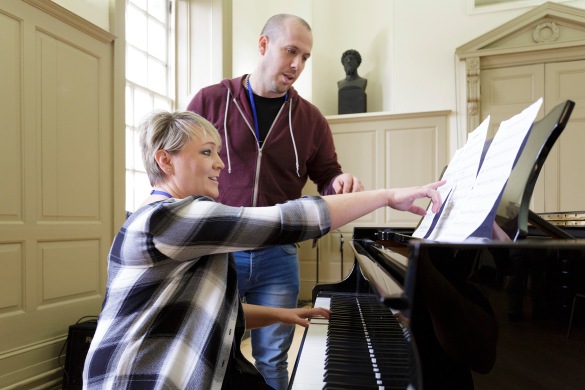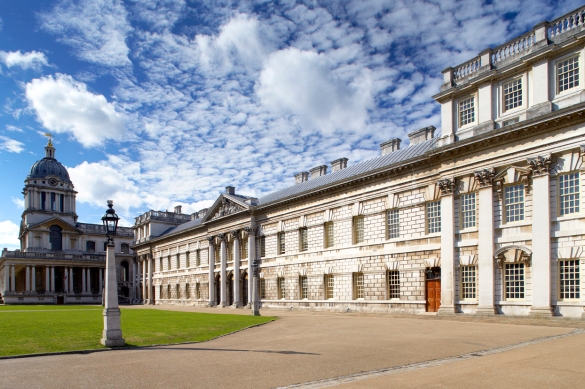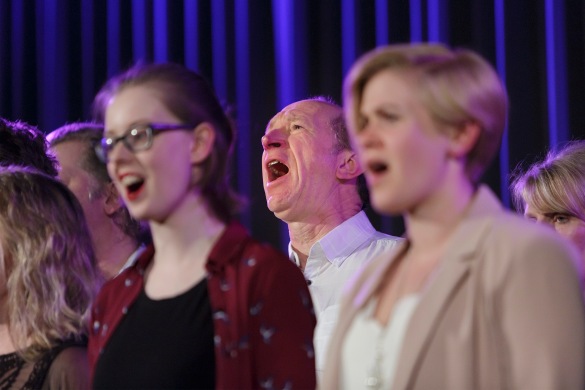The final video in our series on the new OU Music BA features Dr Robert Samuels talking about The Practice of Music Making, our innovative collaborative module with Trinity Laban Conservatoire of Music and Dance.
-
Recent Posts
Recent Comments
- Naomi Barker on Free OpenLearn course on the Blues
- Laura Reid on PhD Studentships in Music at The Open University
- TIM WHEATER on ConductIT MOOC now live
- Bernard A-Aboagye on Free OpenLearn course on the Blues
- Jon Keliehor on New BBC/OU series explores the science behind the world of sound
Archives
- December 2023
- October 2023
- May 2023
- September 2022
- May 2022
- February 2022
- November 2021
- October 2021
- September 2021
- March 2021
- February 2021
- December 2020
- July 2020
- March 2020
- February 2020
- January 2020
- December 2019
- October 2019
- September 2019
- August 2019
- June 2019
- May 2019
- April 2019
- March 2019
- February 2019
- January 2019
- November 2018
- October 2018
- September 2018
- July 2018
- June 2018
- May 2018
- April 2018
- March 2018
- February 2018
- January 2018
- December 2017
- November 2017
- October 2017
- September 2017
- August 2017
- July 2017
- June 2017
- May 2017
- April 2017
- March 2017
- February 2017
- January 2017
- December 2016
- November 2016
- October 2016
- September 2016
- August 2016
- July 2016
- June 2016
- May 2016
- April 2016
- March 2016
- February 2016
- January 2016
- December 2015
- November 2015
- October 2015
- September 2015
- August 2015
- July 2015
- June 2015
- May 2015
- April 2015
- March 2015
- February 2015
- January 2015
- December 2014
- November 2014
- October 2014
- September 2014
- August 2014
- June 2014
- May 2014
- March 2014
- February 2014
- January 2014
- December 2013
- November 2013
- October 2013
- September 2013
- August 2013
- July 2013
- June 2013
- May 2013
- March 2013
- February 2013
- January 2013
- December 2012
- November 2012
- October 2012
- September 2012
- August 2012
- July 2012
- June 2012
- May 2012
- April 2012
- March 2012
- February 2012
- January 2012
- December 2011
- November 2011
- October 2011
- September 2011
Categories
Meta

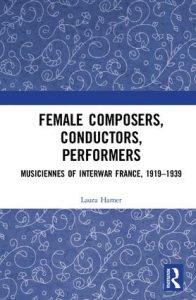
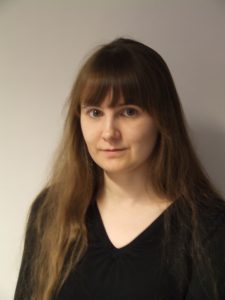
 as female musicians, composers and publishers, the music hall, military music, music teaching and church musicians. Themes such as gender, class and accreditation are addressed across the chapters. Throughout, the authors consider the ways in which musicians and other sectors of the music profession negotiated working practices and spaces in rapidly changing environments. For further details see
as female musicians, composers and publishers, the music hall, military music, music teaching and church musicians. Themes such as gender, class and accreditation are addressed across the chapters. Throughout, the authors consider the ways in which musicians and other sectors of the music profession negotiated working practices and spaces in rapidly changing environments. For further details see 
